Wednesday Thoughts
"The problem of climate change involves a fundamental failure of markets: those who damage others by emitting greenhouse gases generally do not pay.
Climate change is a result of the greatest market failure the world has seen. The evidence on the seriousness of the risks from inaction or delayed action is now overwhelming. We risk damages on a scale larger than the two world wars of the last century. The problem is global and the response must be a collaboration on a global scale" - Nicholas Stern. Nov, 2007
A dark day in History
The day after one of the most important days in history, our history. The day we most likely will look back at and wonder what the hell happened. There are many things that don't look great with the outcome of this election, but I am not gonna talk about that. I am going to talk about the consequences of choosing a president who don't believe in Climate Change. My research is based on climate change, my husbands research is based on climate change. The national science foundation (NSF) is a federal agency and funds many climate related projects, every year.
Det blev ju en ganska mörk dag i historien efter valet. Vi kommer troligen se tillbaka på denna tiden och undra vad det egentligen var som hände. Det är väldigt många dåliga saker som resultatet av valet bar med sig, men jag kommer inte nämna något av de. Det jag vill ge större uppmärksamhet är konsekvenserna då ett land så stort som USA väljer en president som inte tror på klimatförändringar. Min forskning, min mans forskning och många andras forskning är faktiskt baserat på klimatförändringar på ett eller annat sätt. National Science Foundation (NSF) är ett regeringsorgan som städer mycket forskning inom klimatförändringar varje år.
The result of this election might be the death of science and research as we see it today.
Det är många som menar att detta är undergången av allt som innefattar forskning.
Obviously I am not the only scientist worried about the future of science in this country.
Jag är ju förstås den enda som är orolig över detta.
Here is a nice letter by a professor at the university of Columbia, worth a read in order to cheer up maybe? Click on the image below to get to the full letter on his website.
Nedan är ett fint brev som en professor skickade ut till sina studenter efter valet, tycker det är viktigt nu att verkligen visa vad vi går för!
Well, I think that is all. I'll share some pictures from the field below. What are your opinions about the outcome of this election when it comes to the environment? Are you worried?
Det var nog allt, här kommer även några fina bilder från mitt fältarbete. Vad tycker ni om valet, alltså konsekvenserna för vår natur? Är du orolig?
And, if you want to know more about my research:
Om du vill veta mer om min forskning:































